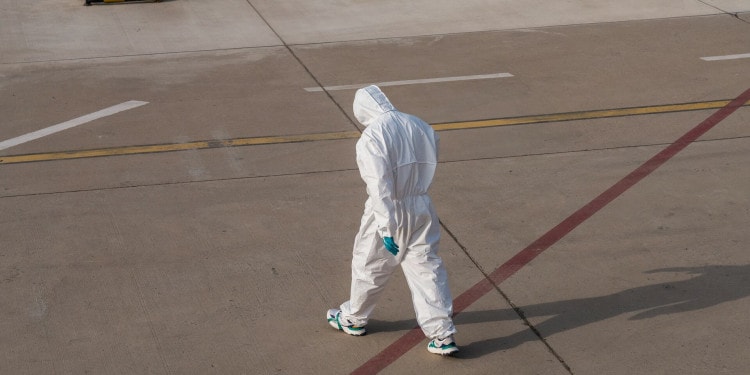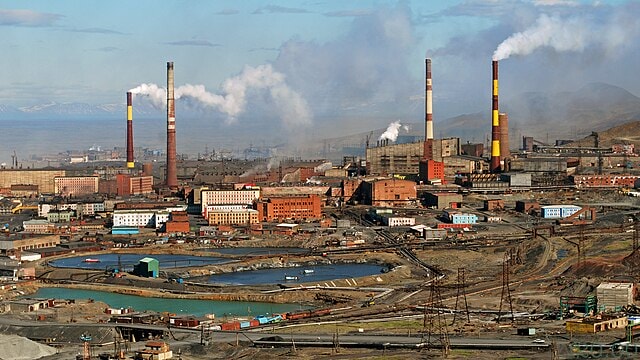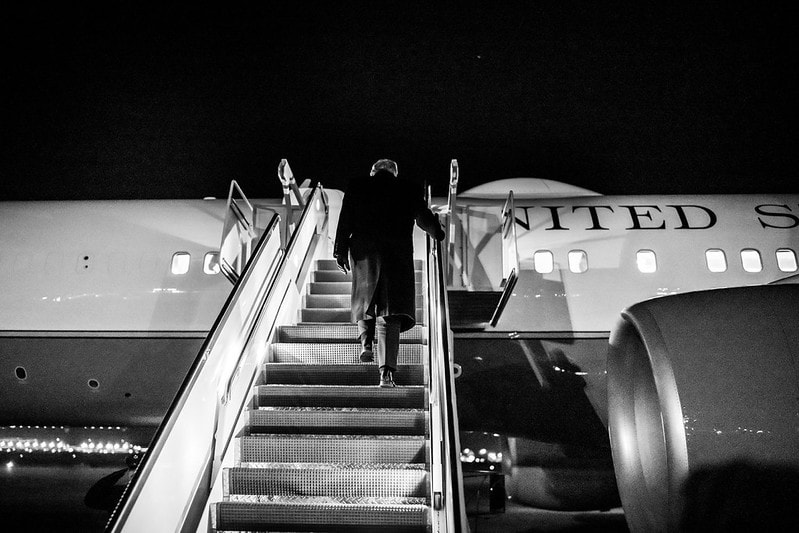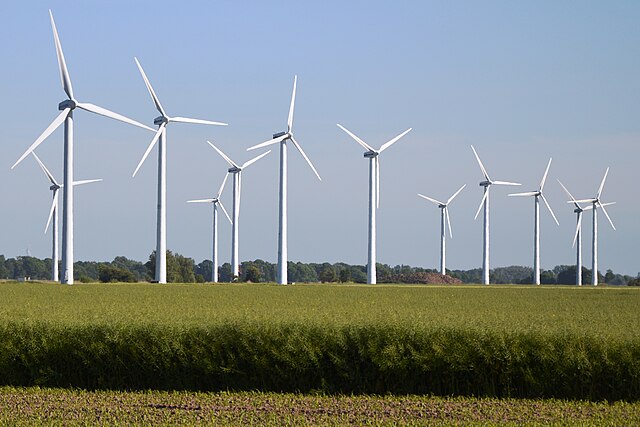Several highly populated areas of China have experienced a recent rise in Coronavirus cases, raising fears over the Delta variant’s potential to expand and prolong the global pandemic, causing further restrictions just as many nations had started opening their economies again.
The outbreaks in China, where an escalation in Delta variant cases has reached over 20 Chinese cities and a dozen provinces in recent weeks, led to a reported 84 new cases in the 24 hours from August 2. Wednesday, August 4, saw a high of 96 locally transmitted cases. Jiangsu Province in East China, a pandemic epicenter of Delta cases in the country due to a cluster of infections linked to an airport, had 327 confirmed local hospital cases.
Chinese state media Xinhua News Agency has reported that Chinese officials have imposed massive travel restrictions and has urged residents to not leave the provinces they live in unless absolutely necessary. National travel restrictions taken to curb the spread of the Delta variant include temporary airport closures and suspension of domestic flights, whilst twenty-three train stations have halted ticket sales to Beijing as the capital city imposes strict entry and exit measures.
The Chinese National Health Commission stated in its daily report that as of August 2, covid cases resulting in hospitalisations in mainland China were 1,157, of which 698 were imported cases.
Related Articles: Coronavirus and the Rise of China| Coronavirus: Why China Needs to Change its Animal Health Policies
One of the cities to impose fresh restrictions is the birthplace of the pandemic Wuhan, which had seven locally transmitted covid-19 cases. The city, which had not reported any cases since May last year, has ordered drastic city-wide testing of all of Wuhan’s 12 million residents.
Wuhan, China is testing all 12 million residents for #COVID19 after its first cases of the delta variant. The city had reported 0 local cases since May.
China has used lockdowns and mass tests to limit virus spread, but is now reporting delta outbreaks, some linked to airports. pic.twitter.com/SX0CMNISXI
— AJ+ (@ajplus) August 3, 2021
According to Wuhan’s municipal health commission, as of July 20 the city had administered over 17 million covid vaccines, a rate of 77.63% for over 18 year olds. Fresh restrictions in China, the only major economy to grow last year, raise questions over the possibility of further economic demarcations across the globe as several nations, such as the United Kingdom, have recently attempted to ease pandemic curtailment measures.
China has shown before that it is willing to take tough action to control Covid… the Delta variant is a particularly slippery little critter, and the concern for us, and we imagine, many others, is how quickly this will occur, and at what economic cost
Robert Carnell, regional head of Asia-Pacific research at ING, in reporting by CNBC
Mounting Covid-19 cases around the world illustrate the fragility that remains in opening up major economies, even as vaccination rates continue to increase. In Japan, cases rose 87% during the first week of hosting the heavily restricted Olympics, while India alone is currently accounting for approximately 900 of the 6,000 to 8,000 daily global covid deaths. Meanwhile South America has in recent months become one of the worst hit regions, with Peru emerging as the nation with the highest deaths-per-million population at nearly 6,000 (the global average is 51), while the world crossed the bleak milestone of 4 million deaths from the pandemic in July.
These numbers serve as a stark warning to those believing that several major economies opening up has spelled the end of the pandemic. Whilst there is certainly light at the end of the tunnel, such as vaccination rates continuing to surge as Bloomberg reports that over 4.2 billion shots have been administered globally, fresh restrictions in China over the past week raise questions over current global economic sustainability.
Editor’s Note: The opinions expressed here by Impakter.com columnists are their own, not those of Impakter.com. — In the Featured Photo: Medical Official in a Hazmat Suit. Featured Photo Credit: Mario Hagen.













